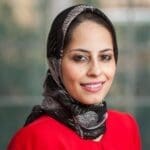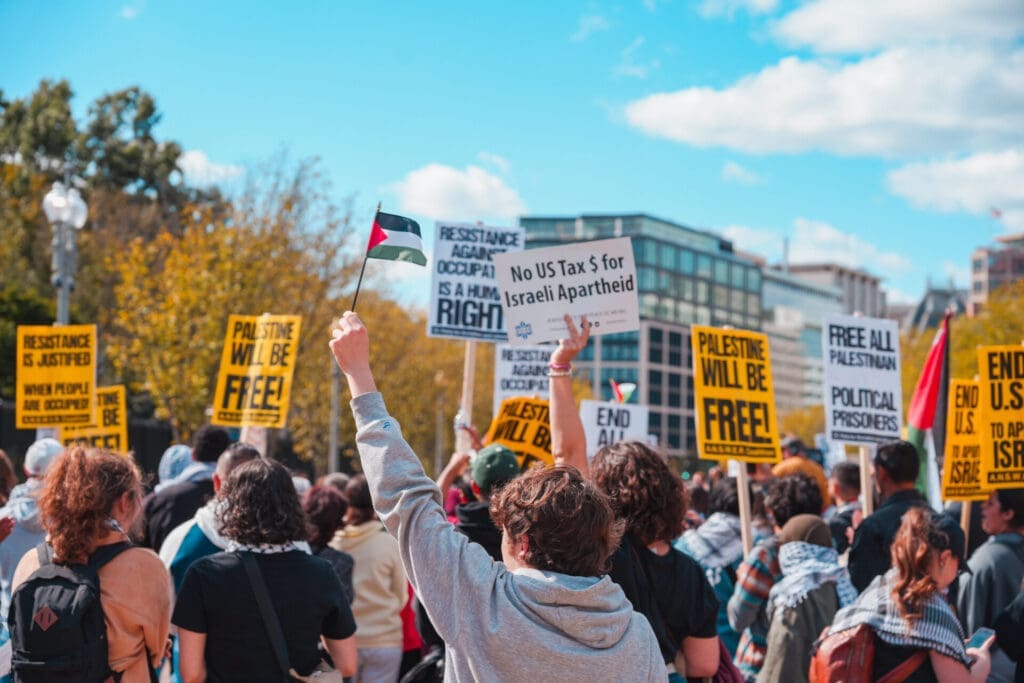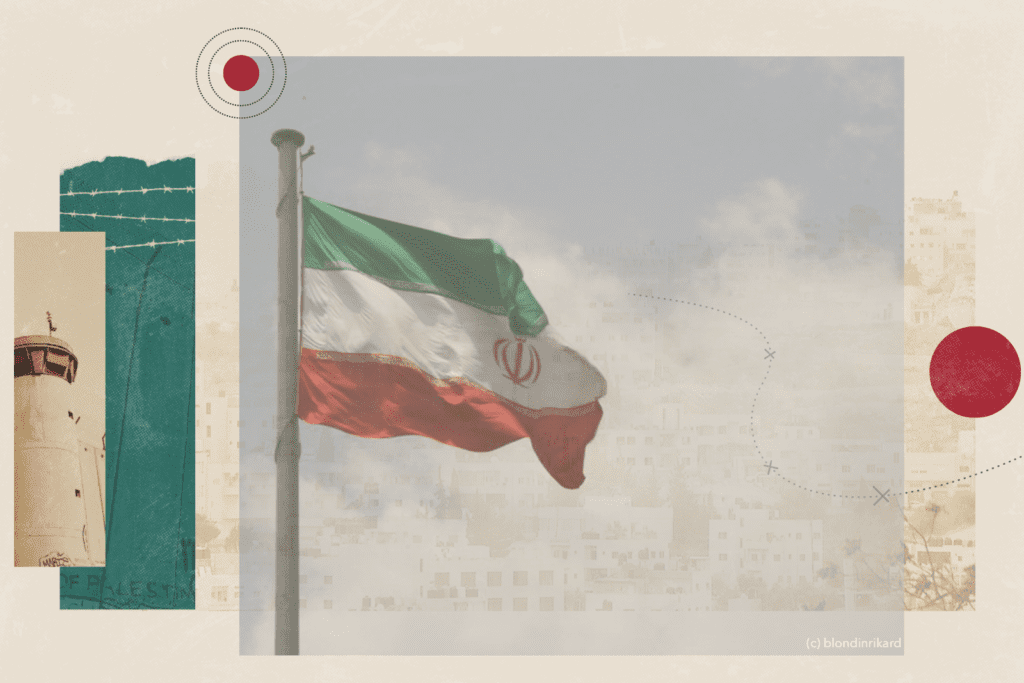Can you tell us a bit about yourself and your professional background, and what motivated you to join AS’s board?
I was born and grew up in East Jerusalem, and I am a “Qudsiyyeh” (Jerusalemite) to the core. I started my career in communications with an international humanitarian aid organization more than twenty years ago. I remember the amount of time my colleagues and I spent on internal education on the importance of advocating for an end to the Israeli occupation and settler colonialism as a root cause in the de-development of Palestine. This motivated me to pursue a master’s degree in international affairs to help me gain a better understanding around how to apply international law and UN resolutions to hold Israel accountable to its human rights violations against Palestinians.
While my original intension was to pursue a career in advocacy, I ended up working in fundraising with various international and Palestinian non-profits aimed at advancing human rights, and that has been my career path for the past 16 years. Throughout my career, a central aspect of my work has been to make sure that my fundraising efforts align with community priorities, which is challenging in the Palestinian context due to the growing dependence on conditional funding. I am passionate both about raising funds for nonprofits whose causes I care about, and about public education on the reality of life for Palestinians. I’ve often combined both in my professional journey.
One of the reasons I joined Al-Shabaka’s board is because I believe it is vital for Palestinians (and any other community for that matter) to have a say in shaping policy that impacts our lives. Al-Shabaka plays a unique role in centering the voices of Palestinian policy analysts in a world dominated by non-Palestinian viewpoints. I have long been a donor of Al-Shabaka, and now that I’ve joined the board, I hope to contribute to its fundraising efforts with various stakeholders.
You serve on AS’s development committee. What do you see as the biggest fundraising challenges/opportunities for Palestinian organizations?
I think the biggest challenges are the restrictions and conditions that come with funding for Palestinian organizations. These include anti-terrorism legislation that has had detrimental impacts on Palestinian civil society and has played a role in shrinking civil society space, the criminalization of free speech activities of Palestinian organizations that endorse Boycott, Divestment and Sanctions (BDS), and the perpetuation of Israel’s settler colonial project by funding activities that entrench the status quo. Al-Shabaka’s policy analysts have extensively covered the negative impact of international aid on Palestine. These are difficult challenges to overcome, and while some Palestinian civil society actors refuse funding restrictions that are meant to silence us, the NGOization of the Palestinian struggle, censorship (and self-censorship) and the presence of a Palestinian elite that benefits from these restrictions, are real.
I think we are in an opportune moment to work in solidarity with other indigenous communities around the world to challenge the colonial and racist nature of aid, and I think it is important to hold donors (and not only recipients of funding) accountable to the communities that they are funding. If more and more Palestinian organizations and allies work together to hold donors accountable for the harms of aid, I think it is possible to change donor behavior. Likewise, if more donors start to listen to the communities they are funding and truly consider their priorities, we will start to see a shift.
I also think that Palestinian organizations have opportunities to seek funding from individual donors and private foundations that care about advancing human rights and freedom from settler colonial oppression. Research suggests that the best advocates for increased funding for NGOs are the donors themselves who are willing to engage in peer to peer fundraising. And since existing in a virtual world has become the norm, utilizing digital platforms to raise funds from individual donors that care about Palestinian rights is not to be missed.
In the world of Palestine policy, how do you believe AS can continue to uplift and promote Palestinians’ voices?
I love that Al-Shabaka centers the voices of Palestinian policy analysts in all their diversities. The fact that AS has always been a virtual organization means that Palestinian policy analysts everywhere have the opportunity to contribute to shape policy and discourse on Palestine, whether they live in Palestine or in the diaspora. This is particularly important in the Palestinian context of physical fragmentation and exile, and at a time when censorship and self-censorship are growing. We’ve seen the criminalization of Palestinians who criticize Israel and the Palestinian Authority on social media, and unfortunately as activism increases, so will the surveillance and the silencing of Palestinian voices. And this is why it is important that a platform such as Al-Shabaka exists.
Currently, AS’s policy members are primarily based in the US and Palestine, and I look forward to seeing further growth and diversity of Palestinian policy analysts that are based in other parts of the world.









